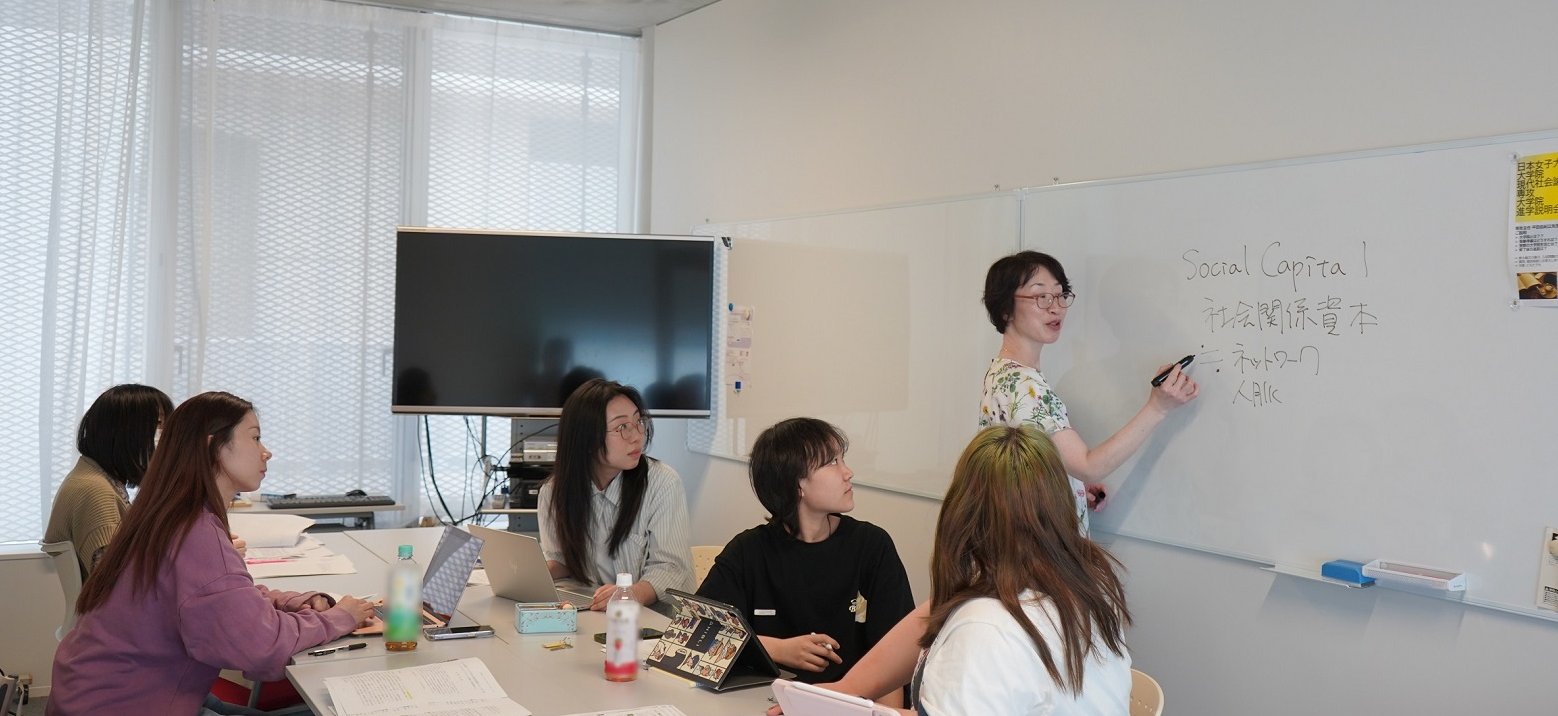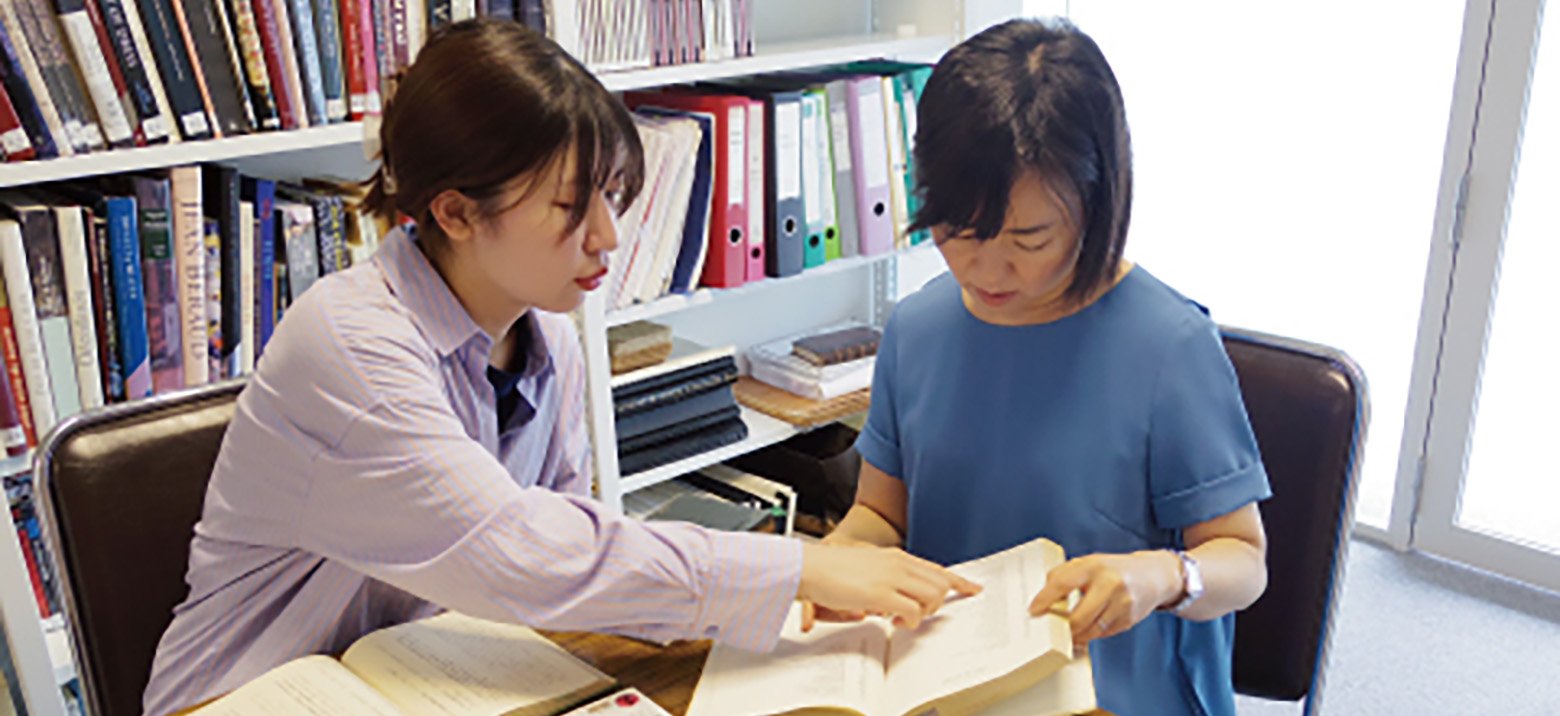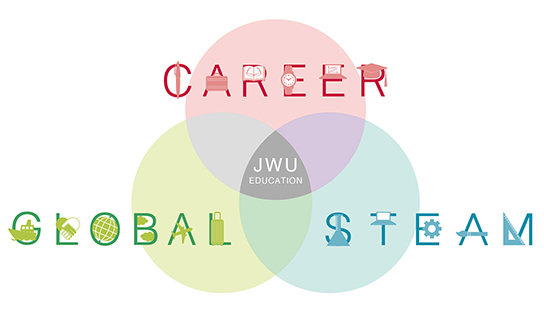Producing human resources that contribute to society
List of Divisions

Division of Social Welfare
Acquire comprehensive and advanced social welfare theories necessary in contemporary society and aim to improve research and practical skills
Division of Education
Examine the issues of individual lifelong learning and education in relation to society, and pursue their solutions


Division of Studies on Contemporary Society
Approach diversified contemporary phenomena and problems in contemporary society from a broad perspective
Division of Psychology
Educate highly professional clinical psychologists and psychological researchers with advanced research skills


Division of Studies on Cultural Relativity
Create a new paradigm of cultural studies for increasingly complex and pluralistic human culture developments
Three Policies of the Graduate School of Integrated Arts and Social Sciences
Human Resource Development and Educational and Research Purposes
The Graduate School of Integrated Arts and Social Sciences aims to nurture people who can explore academic and practical activities related to ever-changing human society through interdisciplinary education and research, and who can play an active role as researchers or highly specialized practitioners in society, thereby contributing to the well-being of people and the development of society.
Three Policies of the Graduate School of Integrated Arts and Social Sciences
Learn about the Graduate School of Integrated Arts and Social Sciences
The Graduate School of Integrated Arts and Social Sciences consists of five Divisions. It aims to nurture human resources who, through interdisciplinary education and research, will explore academic and practical activities related to our ever-transforming society, and who will be active as researchers or highly specialized practitioners, thereby contributing to the well-being of people and the development of society. The purpose of education and research at the Graduate School is to "contribute to society,” which has a two-fold meaning. One is the search for "truth," "scholarship," and "science," which have all historically been the raison d'être of universities in society and have been not influenced by social trends. The other is the development of practical and pragmatic competencies that have been increasingly demanded of universities in recent years.
Faculty member introduction
Faculty members with a wide range of specialties provide education.

